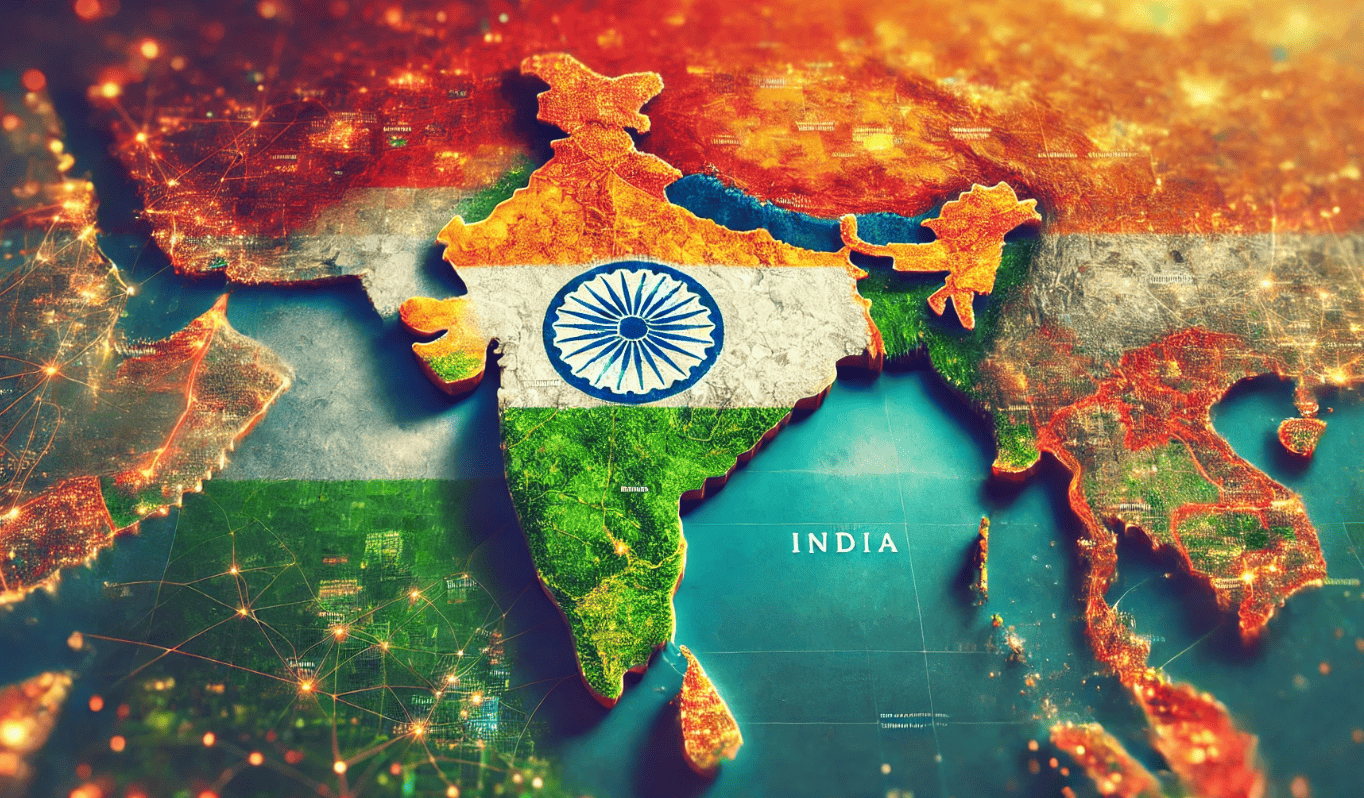Quantum Technology Will Fundamentally Change Warfare, General Tells Indian Defense Officials

Insider Brief
- India is advancing its defense capabilities with quantum technology, aiming for strategic advantages in modern warfare, as reported by Republic World.
- At the NTN-2024 Seminar, Chief of Defence Staff General Anil Chauhan highlighted quantum’s potential for secure communications, precision navigation, and advanced sensing.
- Integrating Artificial Intelligence and Machine Learning into Electronic Warfare systems was also emphasized as essential for maintaining a resilient defense framework.
India is betting on quantum technology to reshape its defense systems, aiming for a technological edge in modern warfare, Republic World reports.
According to the news site, military and technology leaders emphasized the critical role of quantum advancements in national security at the inaugural Annual Niche Technology Nexus (NTN-2024) Seminar in New Delhi, hosted by the Headquarters Integrated Defence Staff in collaboration with the Centre for Joint Warfare Studies.
The event, themed “Innovating Tomorrow’s Battlefront with Quantum and Electronic Mastery,” brought together defense experts, researchers, and industry professionals to strategize on India’s path to becoming a leader in quantum technology and electronic warfare.
Chief of Defence Staff General Anil Chauhan, delivering the keynote, pointed to quantum technology as a transformative force in defense. Tying his comments to India’s National Quantum Mission, which coincides with celebrations for scientist S.C. Bose’s centenary, General Chauhan discussed quantum’s potential to fundamentally change warfare.
“Quantum Technology will impact future wars with far-reaching outcomes for the Armed Forces,” he said, stressing its strategic importance in ensuring India’s military capabilities can meet future challenges. According to Republic World, Chauhan highlighted applications such as Quantum Key Distribution (QKD) for secure communications, navigation systems and advanced sensing, as some of the technologies that could grant India an edge in contested environments.
Quantum Key Distribution enables encryption methods that are nearly impossible to break, enhancing communication security even against potential quantum-enabled cyber threats, the news site reports. Quantum sensors can measure physical quantities like magnetic fields or gravitational waves with extreme precision, offering invaluable intelligence in military applications.
Beyond quantum, General Chauhan said the integration of Artificial Intelligence (AI) and Machine Learning (ML) with Electronic Warfare (EW) systems would be important for the armed forces and national security. This combination, he said, could provide significant battlefield advantages, as AI can enhance situational awareness, automate decision-making and bolster defense capabilities in electronic warfare. AI in EW can be used to analyze and counter electronic threats in real time, a critical asset for secure communications and command-and-control functions.
These technologies, if harnessed effectively, could transform India’s approach to modern military operations.
“The future of military operations depends on our capacity to integrate these advanced technologies effectively, enabling our Armed Forces to secure critical advantages on the battlefield,” Chauhan said noting that partnerships across defense, research, and production sectors would be crucial for developing a robust, indigenous technological base.
The NTN-2024 seminar emphasized collaboration among India’s defense, academic, and technology sectors, aligning with the nation’s Aatmanirbhar Bharat (self-reliance) mission. Republic World reports that the event produced actionable recommendations across several defense applications:
- Quantum Safe Algorithms: Participants underscored the need for quantum-safe algorithms to secure communications across military networks. This is essential as quantum computers, once fully developed, could potentially break traditional encryption, posing significant cybersecurity risks.
- Quantum RF Sensors and ISR Technologies: Advances in Quantum Radio Frequency (RF) Sensors and Intelligence, Surveillance, and Reconnaissance (ISR) capabilities were highlighted as essential for strengthening India’s situational awareness. These technologies can provide real-time intelligence, crucial in both conventional and unconventional combat scenarios.
- Quantum Clocks and Inertial Navigation Systems: Quantum atomic and optical clocks, along with inertial navigation systems, promise highly accurate and secure navigation solutions, especially useful for operations in remote areas where traditional GPS might be unreliable.
- Cognitive EW Systems: The development of cognitive electronic warfare systems, capable of adapting to new threats, was also discussed. These systems could help counteract enemy electronic threats, ensuring resilient communication for India’s military forces.
According to Republic World, these recommendations for emerging technologies represent India’s forward-thinking approach to defense.
The news site reports: “The NTN-2024 event underscores India’s commitment to harnessing niche technologies to bolster national security. The outcomes of this seminar reflect a proactive approach to securing technological superiority and underscore India’s strategic commitment to Aatmanirbharta in defence technology.”
The Republic Media Network is India’s largest news network and a company wholly controlled by editors.
